It feels like everything and nothing has changed in my three decades at ISBA. Media is far more complex, agency structures are different and the pace of change in our industry is now phenomenal.
The range of issues advertisers have to deal with today is quite dizzying and I’ve often felt that the inside of my brain resembles a Jackson Pollock painting as I struggle to learn something new almost every day.
At the same time, nothing has changed. Advertisers still need to seek out often elusive consumers, deliver results, grow, improve how they work with partners and enhance the quality of agency relationships. The media and marketing world may have digitised, but advertising is still fundamentally a business about people and relationships.
There have been three areas of significant change in UK advertising where I helped guide the advertiser position.
- Deregulation
The Broadcasting Act in the early 1990s was designed to deregulate the marketplace and encourage competition; it’s what led to Sky and the hundreds of TV channels available today. My first job at ISBA was to see the bill through the committee stage at the House of Commons, ensuring MPs debated our amendments and understood the advertiser’s perspective.
- Unbundling of creative and media
From the late 1980s onwards, agencies split media and creative into separate companies. ISBA spent a lot of time helping advertisers navigate the new commercial structures required, once media and creative were bought separately. To bring rigour and control to commercial relationships, ISBA developed and promoted resource fees for use with creative agencies.
- Procurement
Ahead of the broader market, we identified the importance of the role of marcoms procurement for advertisers. We educated those new to the industry and gave them a voice via ISBA’s Communications Procurement Action Group (Compag). This is still going strong 25 years on.
The great transparency question
Ever since the US Association of National Advertisers report in 2016, transparency has been rising up advertisers’ to-do lists.
Transparency is not a new concern for brands. Having identified agency overstatement of production fees and mark-ups as a serious issue in the early 1990s, we conducted industry research to establish the extent of the problem. When ISBA published the results, many advertisers decoupled production, taking direct control of costs themselves; agencies have since rebuilt their production models.
ISBA developed the first model client/agency contract with the IPA for creative services accounts – a contract recently upgraded to an integrated services framework.
At the time, we found that less than half of ISBA’s members had formal contracts in place, and less than half of those were signed – resulting in a lack of clarity about how the relationship would operate.
And having identified media transparency as a critical issue, we created the ISBA media framework to help ensure clients have comprehensive terms in place that protect their interests. These are now becoming industry standard.
As the market evolves so quickly, the framework is now on its third version. It has also inspired similar frameworks in the US, Australia, Canada, France and many other markets.
Developing new standards
In essence, my whole focus over the years has been about improving – through better management of process – the relationships that brands have with agencies.
I helped to develop new standards of pitching through thegoodpitch.com and created alternative pitch practices including pitch in a day, chemistry pitches, speed dating and all-agency pitch briefing.
This evolved over time, and I’ve recently rewritten the media agency pitch process to inspire contemporary pitching practices based on the development of sustainable commercial relationships.
Return on investment has always been important, but marketers have been fortunate that the rise in procurement was mirrored by the coming of age of analytics.
I worked with an academic to create the first UK research study – Paying for Advertising, a tracking study that has run for the past 20 years – to establish how advertisers should pay for creative and media, how contracts should be set up and what incentives advertisers should offer for good performance. And as evidence-based marketing has matured, I’ve worked with advertisers to track trends in payment by results mechanisms, providing them empirical evidence on what works (and what doesn’t).
Now, a new chapter begins, as I am moving to Ebiquity – a company with which ISBA has worked for many years and shared many clients.
Chief marketing officers have never needed more help navigating complexity within marketing and media and I’m looking forward to working with them to make sense of it all – and, ultimately, to enable them, their brands and their businesses to succeed.
It’s the reason that we all work in this great industry.
Debbie Morrison is director of consultancy and best practice at ISBA, where she has worked for 29 years. She joins Ebiquity as managing director, global partnerships and events, in January 2019

